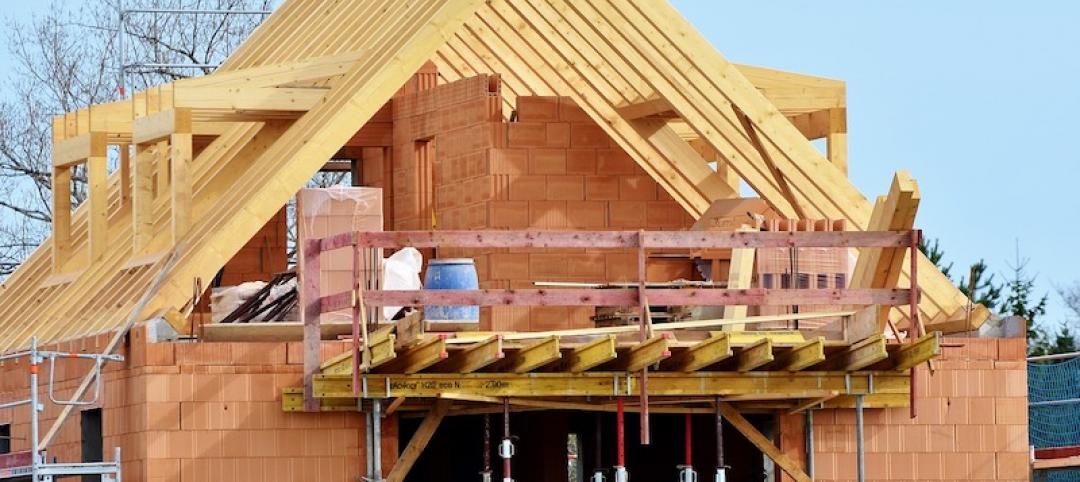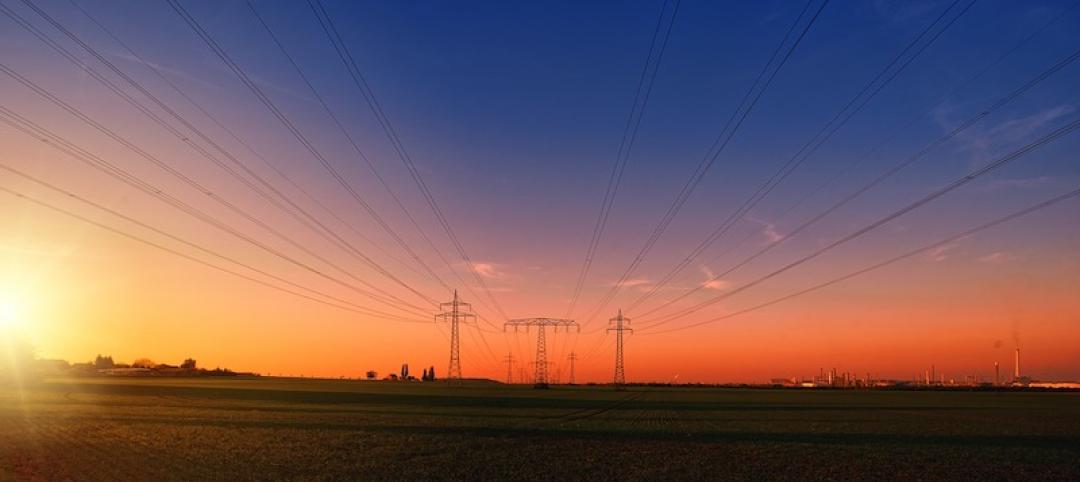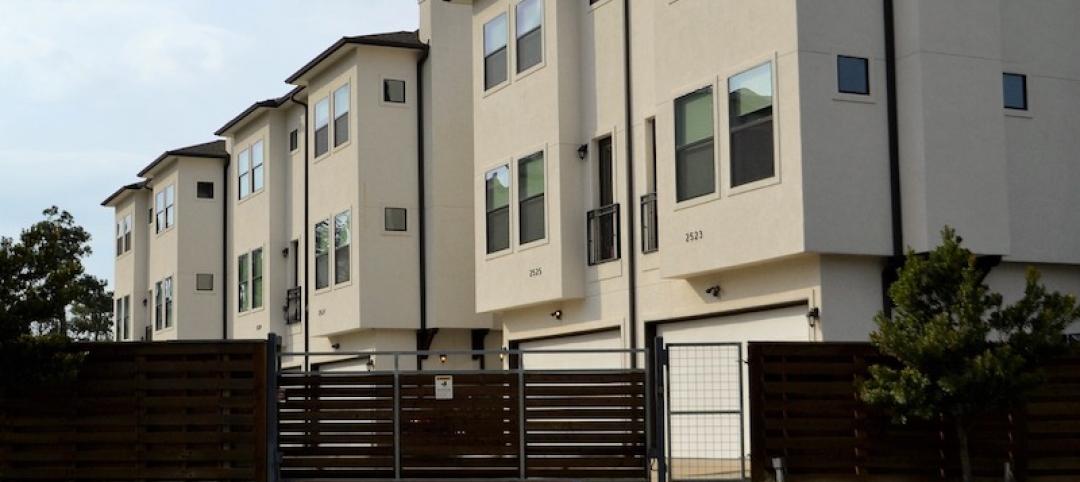The Eugene, Ore., City Council recently passed an ordinance aimed at steeply reducing energy consumption and greenhouse gas emissions. The city of 158,000wants to reduce community-wide greenhouse gas emissions 10% below 1990 levels by 2020, and reduce fossil fuel use by 50% by 2030.
Eugene is developing an energy inventory for its entire economy. After that is completed, it will consider voluntary energy-saving measures in the private sector, such as easier permitting for energy-efficient construction and energy performance scores for commercial buildings. The city will also consider other measures like commercial food-waste composting in restaurants and grocery stores to reduce methane emissions from landfills.
Eugene has made significant progress in reducing emissions recently from transportation without any concerted plan. Transportation emissions have dropped 2.5% per year since 2010, despite some population growth. This is largely due to economic and cultural shifts: the recession, the rise of telecommuting, online shopping and entertainment, transit, biking, more efficient cars, and higher gasoline prices. The city has encouraged these trends by improving bus service and developing a master plan for sidewalk and bike path improvements.
City government has rejected hard caps on emissions to date, focusing instead on voluntary measures and incentives for the private sector.
(http://grist.org/climate-energy/what-can-small-cities-do-to-fight-climate-change/)
Related Stories
Codes and Standards | Nov 11, 2019
Major cities are adopting new building performance standards
Initiatives can include multiple standards.
Codes and Standards | Nov 11, 2019
U.S. hotel construction pipeline continues its year-over-year growth
In its eighth consecutive quarter of growth, projects currently under construction stand at 1,729 projects/235,278 rooms.
Codes and Standards | Nov 11, 2019
New retrofit design guide for metal roofing published
Metal Construction Association document provides best practices for re-roofing with metal.
Codes and Standards | Nov 8, 2019
New York City among the top hotel construction pipelines in the United States
Hotels presently under construction are at 102 projects/17,504 rooms.
Codes and Standards | Nov 7, 2019
Group focused on using AI for construction safety gains key members
Major contractors join partnership to share data to predict hazards, incidents.
Codes and Standards | Nov 6, 2019
Undisclosed ICC agreement with NAHB alleged to thwart more stringent efficiency codes
Homebuilders’ seats on ICC made it easier to block new provisions, report alleges.
Codes and Standards | Nov 4, 2019
ASHRAE releases new version of energy efficiency standard for buildings
Standard 90.1 includes revisions of envelope, lighting, HVAC provisions.
Codes and Standards | Nov 1, 2019
Resiliency of a community’s housing stock can be measured according to new benchmark
Metric can help municipalities prepare for disasters.
Codes and Standards | Oct 31, 2019
FEMA, ICC release updated guide on integrating I-Codes into floodplain management regulations
Provides advice on satisfying requirements for the National Flood Insurance Program.
Codes and Standards | Oct 30, 2019
ILFI releases new version of Living Building Challenge Framework for Affordable Housing
Document includes updated findings, case studies, new strategies for financing, designing, building affordable housing.
















